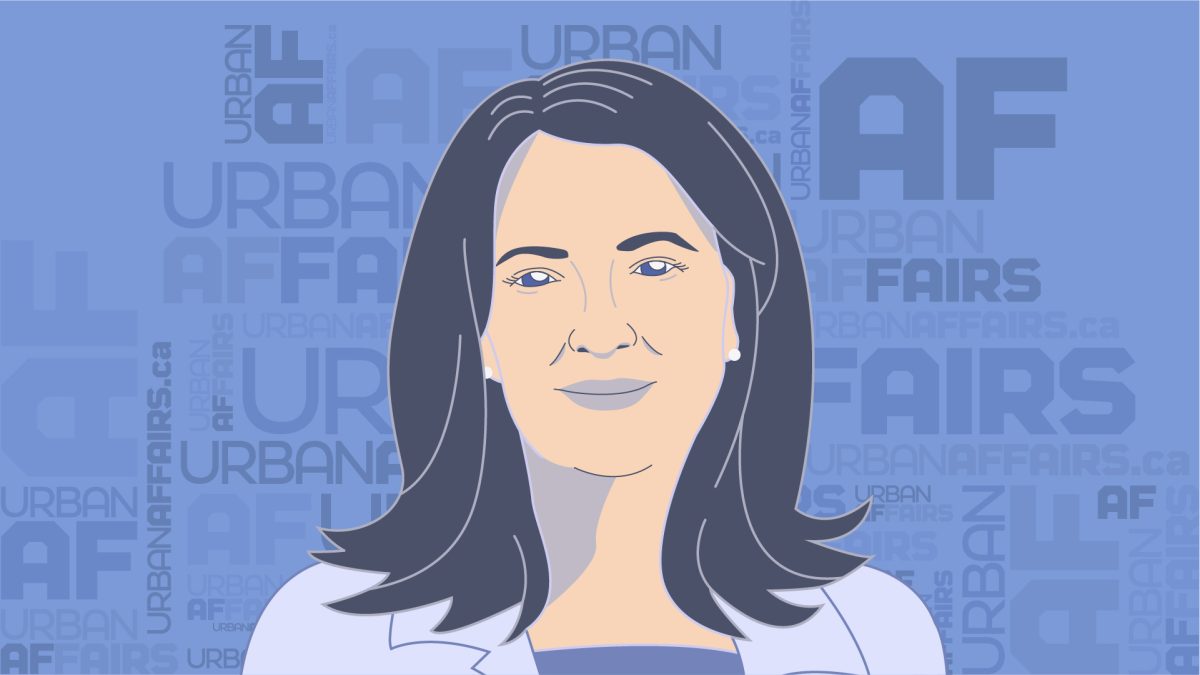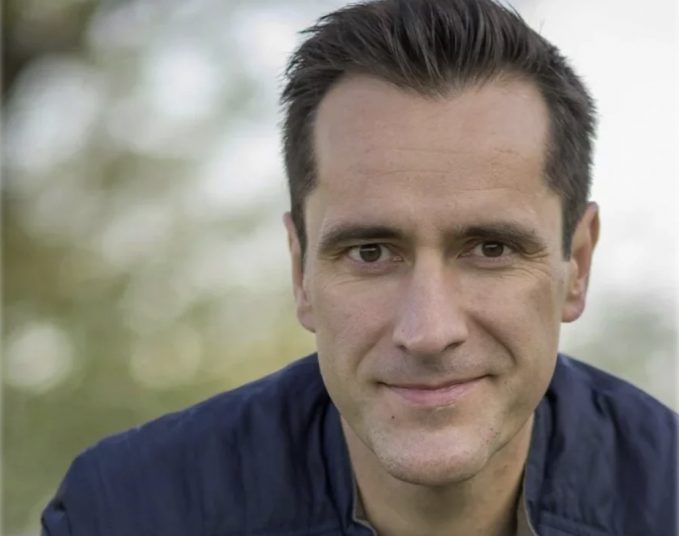Premier Danielle Smith wants the CBC to apologize for posting a video in which she allegedly discusses the case of anti-vaccine pastor Artur Pawlowski, who stands charged with mischief in relation to the role he is accused of playing in the Coutts border blockade in early 2022.
But, in a polarized political world where partisan politics are so strong, it’s not like any hard-line UCP voters are going to switch to Rachel Notley’s NDP in the coming provincial election.
The real danger for Smith is that some people who were leaning towards the UCP may stay at home, instead.
“What a scandal like this can do is further erode that enthusiasm among Conservatives to show up and vote,” says Jared Wesley, associate professor of political science at the University of Alberta and the principal investigator for Common Ground, which studies the unique political nature of the West.
“That is probably the bigger concern at this stage in the election cycle for the UCP than worrying about people switching votes to the NDP.”
Because there’s been so much leadership turmoil, and parties on the right have changed names, formed alliances, broken alliances, accepted fringe elements… it’s all led to a political movement which doesn’t inspire the same loyalty as former premiers like Ralph Klein or Peter Lougheed earned.
The UCP’s strength in 2023… is promoting distrust in the NDP. The “we’re not them” rhetoric, according to Wesley, is the UCP’s strongest draw. But, it’s not the kind of thing a party can take to the bank.
“In this case, the UCP was already entering 2023 with a sizable enthusiasm disadvantage compared to the New Democrats. The New Democrats, according to a variety of different measures, are more enthusiastic about going to the polls or are likely to show up to the polls and they have a tighter identification for what is happening with the political party than on the Conservative side.”
That’s right — in terms of voter loyalty, the script has been flipped. Generally, we associate mobilized, motivated voters to the parties on the right. Parties on the left are stereotypically associated with progressives who don’t show up at the ballot box. But, now, the roles have changed. It’s now the New Democrats who are more likely to get out the vote. And, with polls showing razor-thin margins between the two, it’s vital for each party to ensure its supporters actually go out and vote.
Wesley says the Calgary civic election, where left-leaning candidate Jyoti Gondek was elected just months after that city’s residents overwhelmingly voted Conservative in the federal vote, showed just how powerful it is when voters stay at home. It’s not that the right-leaning support wasn’t there, it just decided not to go the ballot box. You can argue that Mike Nickel scared off a lot of his potential vote in his landslide loss to Amarjeet Sohi in Edmonton’s election of 2021, too.
And Wesley points out that Edmonton, despite only electing one UCP member in the previous provincial election, still has a solid Conservative core that represents maybe 30 to 40 per cent of the population.
But, to mobilize the votes, the UCP needs to cement its brand. Meanwhile, the NDP is humming along.
“They have not spent nearly as much time or as much in terms of resources in their get-out-the-vote and voter identification drives as the New Democrats have,” said Wesley. “That’s largely because they’ve been distracted by scandal after scandal, by leadership reviews, by fractious constituency associations, and nomination meetings. They’ve been so focused on internal politics that they haven’t turned their minds to mobilizing the electorate.”
The analogy: Wesley says if they were two sports teams, the NDP is doing their two-a-days, while the UCP is still squabbling in the dressing room.
And Wesley warns that Albertans as a whole are far more moderate than the stereotype suggests. He says we need to remember that more than 80 per cent of us supported vaccines, and the majority of right-leaning voters supported stronger health measures. We can get fooled by the amplification of fringe elements. And, those fringe elements can also lead potential voters to stay at home, too.
We kinda want our premier to be… boring. So far, this election campaign is shaping up to be anything but.
Savvy AF. Blunt AF. Edmonton AF.




